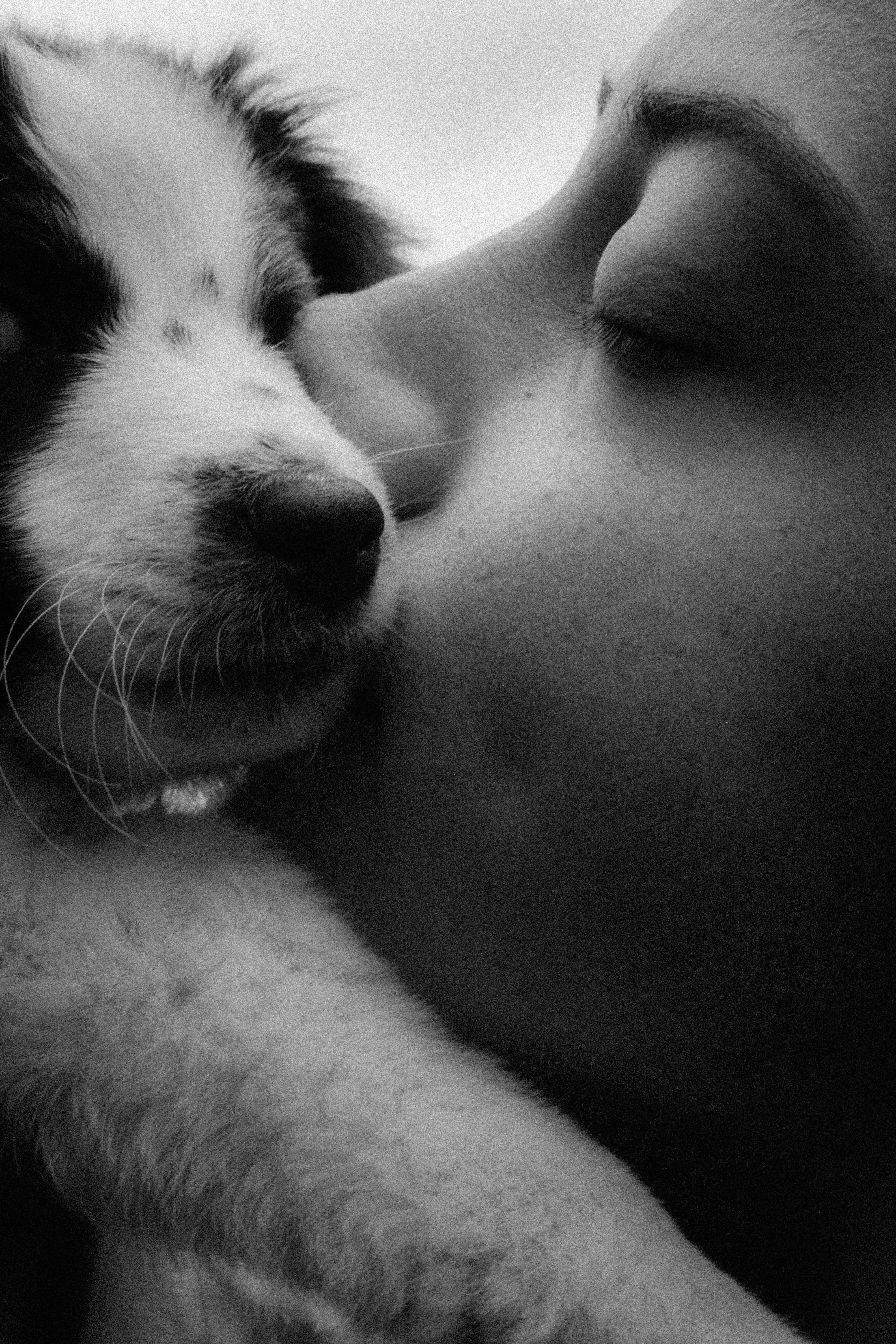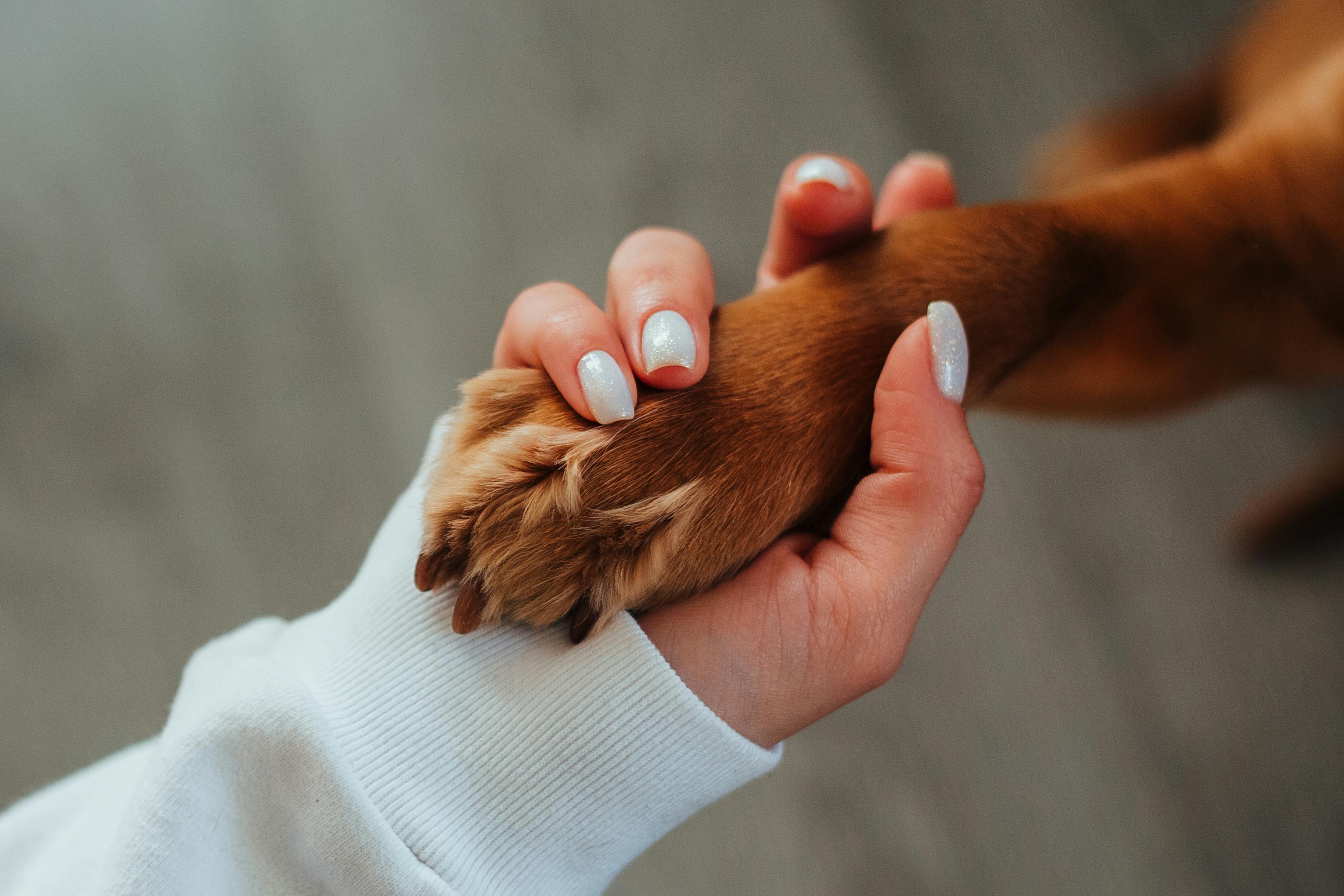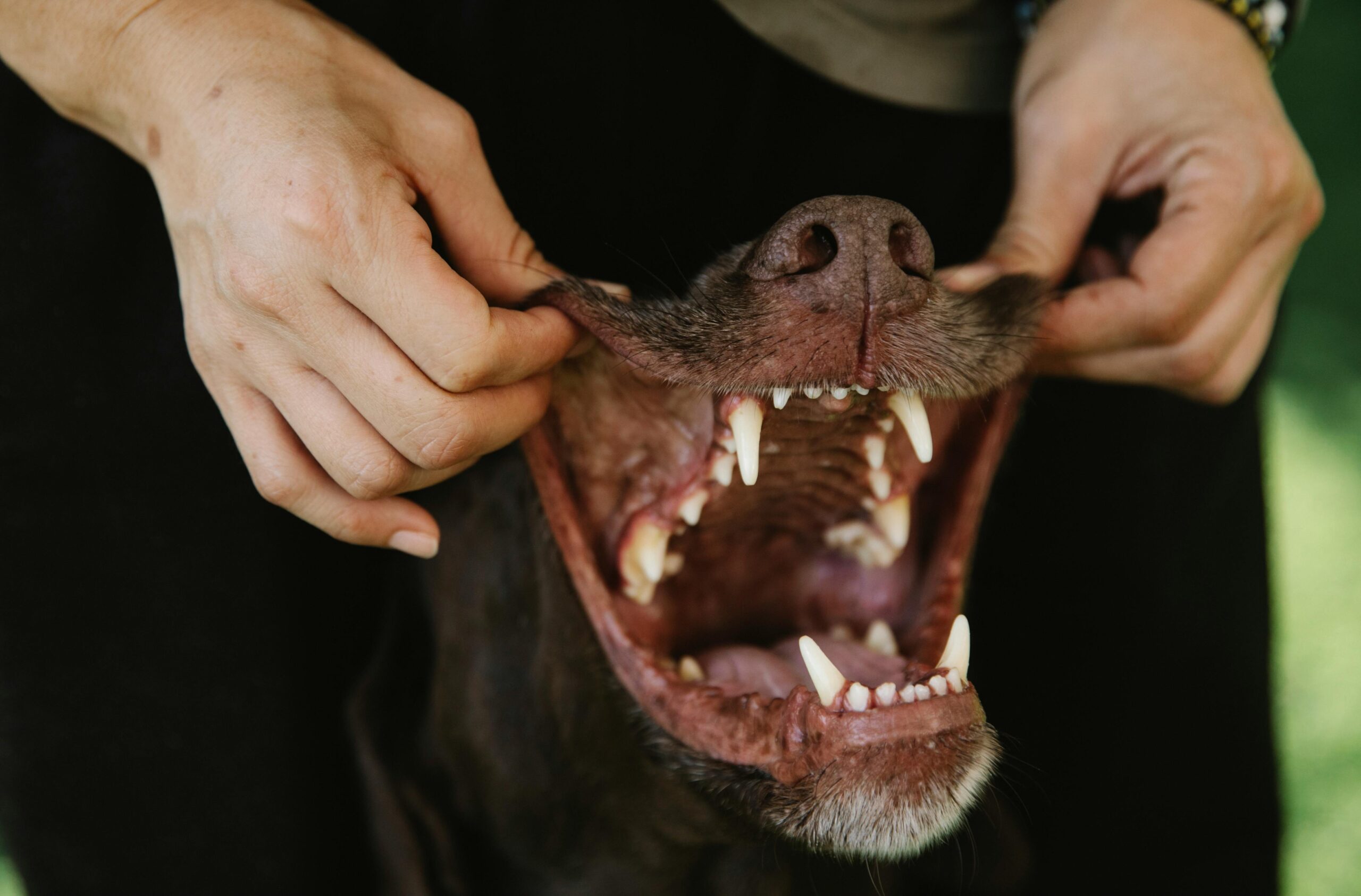Complete Guide to Pet Dental Care in Tucson
Keeping your pet’s mouth healthy is more than just fresh breath—it’s essential to their overall wellness. As more pet owners in Tucson recognize the value of preventative veterinary care, pet dental care in Tucson has become a crucial topic. This guide will walk you through the why, what, and how of maintaining excellent dental hygiene for your pets, ensuring long-term health and peace of mind.

Understanding the Fundamentals
Pet dental care involves the prevention, diagnosis, and treatment of oral diseases in animals. Like humans, pets are susceptible to gum disease, tartar buildup, and tooth decay. Left untreated, these issues can lead to pain, infection, and even systemic diseases affecting the heart, liver, and kidneys.
In Tucson’s dry climate, staying vigilant about hydration and oral health is doubly important. The evolution of pet care now places dental hygiene on par with vaccinations and routine exams, marking a significant shift from past practices.
1.1 The Importance of Oral Hygiene in Pets
Regular brushing, dental chews, and professional cleanings help remove plaque, which if left untreated hardens into tartar. According to the American Veterinary Medical Association, by age three, over 80% of dogs and 70% of cats show signs of dental disease.
Dental hygiene not only prevents pain but also improves a pet’s lifespan. A dog with healthy teeth is more active, eats better, and enjoys a better quality of life.
1.2 Common Dental Issues in Pets
While periodontal disease is the most prevalent, pets can also suffer from broken teeth, oral tumors, and infections. Cats, for example, are prone to resorptive lesions that require immediate attention.
Unlike humans, pets rarely show obvious signs of oral pain, which makes regular checkups vital. Swelling, bad breath, or changes in eating habits often indicate an issue worth investigating.
Practical Implementation Guide
Now that the importance is clear, how do you implement pet dental care at home and with your vet? Setting up a routine will lead to better compliance and healthier results.

2.1 Actionable Steps
- Daily Brushing: Use pet-safe toothpaste and a finger brush. Start slow and reward cooperation.
- Dental Chews and Toys: Choose vet-approved options that help clean teeth and reduce plaque.
- Professional Cleanings: Schedule annual or biannual cleanings with a pet dentist in Tucson.
2.2 Overcoming Challenges
Common obstacles include pet resistance, lack of time, and cost. Begin with short sessions to build tolerance. Use tasty dental chews to bridge the gap on busy days. Budgeting for cleanings in your pet’s care plan helps ease financial stress.
Watch for signs like refusal to eat, pawing at the mouth, or drooling. These could signal deeper issues. Consult your vet for guidance on the right approach and tools tailored to your pet’s breed and size.
Advanced Applications
For pets with ongoing dental problems or advanced needs, Tucson offers specialized services and technologies that ensure superior care. Knowing when to level up your approach can prevent complications and enhance comfort.

3.1 Laser and Ultrasonic Cleanings
These advanced cleaning methods offer deep plaque removal without invasive procedures. They’re ideal for older pets or those with sensitive gums. Clinics in Tucson now offer ultrasonic scaling for precise, pain-free cleaning.
3.2 Digital X-Rays and Diagnostics
Digital imaging identifies root issues not visible during a surface exam. These tools help diagnose fractures, abscesses, or tumors early. Integration with a pet’s health history ensures more accurate, tailored treatment plans.
Future Outlook
Innovations like probiotic oral rinses, genetic testing for dental predisposition, and AI-based dental diagnostics are on the rise. Tucson is seeing a rise in clinics that specialize in preventative and holistic pet dental care.
As awareness grows, expect more pet insurance providers to cover dental procedures. Pet owners should stay informed, schedule regular checkups, and invest in quality care tools.
Conclusion
In summary, pet dental care in Tucson is a cornerstone of responsible pet ownership. Prioritizing oral hygiene helps prevent pain, improve quality of life, and extend your furry friend’s lifespan.
Don’t wait for symptoms to arise—take action now. Schedule a dental checkup, invest in proper tools, and create a daily routine. Your pet will thank you with better health and more happy years together.
Frequently Asked Questions
- Q: How often should I brush my pet’s teeth? Aim for daily brushing, but even 3-4 times a week can make a significant difference in preventing dental disease.
- Q: What’s the best way to get started with pet dental care? Begin with a vet consultation, choose the right brush and toothpaste, and introduce brushing gradually.
- Q: How much time does pet dental care require weekly? About 10-15 minutes per session, with a few sessions per week, plus an annual vet visit for professional cleaning.
- Q: How much does pet dental cleaning cost in Tucson? Professional cleanings typically range from $150 to $600, depending on the procedure’s complexity and anesthesia use.
- Q: How does pet dental care compare to human dental hygiene? Similar in structure but different in technique and tools. Pets need specially formulated products and gentler handling.
- Q: Is pet dental care difficult for first-time pet owners? Not necessarily. With patience, guidance from your vet, and consistent effort, even beginners can establish a healthy routine.
- Q: Are there breed-specific dental concerns? Yes. Small dog breeds like Chihuahuas and toy poodles often have crowded teeth, making them more susceptible to tartar and gum disease.
